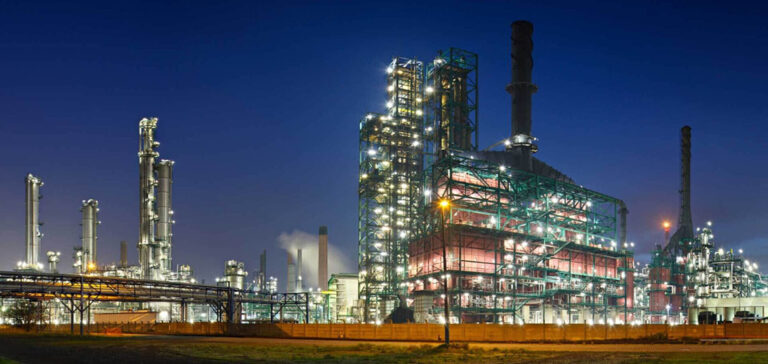Independent refineries in China took the decision to reduce their imports of heavy bitumen blends in October, a trend that is set to continue over the coming months. This decision was prompted by the rising price of bitumen blends and the emergence of new competitors on the market, notably the state-owned PetroChina. This situation is also due to the lifting of US sanctions on Venezuelan oil.
Impact on independent refineries
According to information gathered by S&P Global Commodity Insights on November 6, Chinese customs should officially declare Venezuelan crude oil imports into China, ending a suspension in effect since October 2019. This has a direct impact on imports of the bitumen blend used by China’s independent refineries.
PetroChina and the Venezuelan oil market
PetroChina’s return to the Venezuelan oil market after a four-year suspension should have a significant impact on independent refineries. PetroChina, as the main Chinese investor in the Venezuelan upstream sector, has played a key role in the strategic partnership between Beijing and Caracas.
Alternatives to Venezuelan barrels for asphalt producers in China
Since 2019, when the sanctions were in place, China has been importing around five VLCCs (Very Large Crude Carriers) of Venezuelan crude oil in bitumen blend form every month. With the return of state-owned enterprises, some Venezuelan cargoes imported into China will now be reported as crude from the South American country. However, they must be declared as bitumen blends by independent refineries.
Refinery sector trends in China
In the Shandong spot market, a transaction involving around 300,000 tonnes of bitumen blend stored in a Shandong port was concluded at a discount of $21.50 per barrel to ICE Brent futures on a DDU basis during the week ending November 3. This transaction came after more than a week’s suspension of trading since the lifting of sanctions.
Despite the absence of additional arrivals in the short term, the FOB Venezuela price will depend on the interest of independent refineries, which keeps prices stable. Demand for barrels is currently weak due to the slowdown in China’s real estate sector, and the fourth quarter is generally a slow period.
Independent asphalt producers in China are considering using other heavy loads, such as Cold Lake, Castilla or Basrah Heavy, as alternatives to Venezuelan barrels. However, these alternatives are also expensive, so buying interest will depend entirely on the outlook for asphalt prices and their profitability.
This load change is crucial for asphalt producers in China and could reshape the sector, with some refineries potentially ceasing to produce asphalt due to low margins and competition.






















